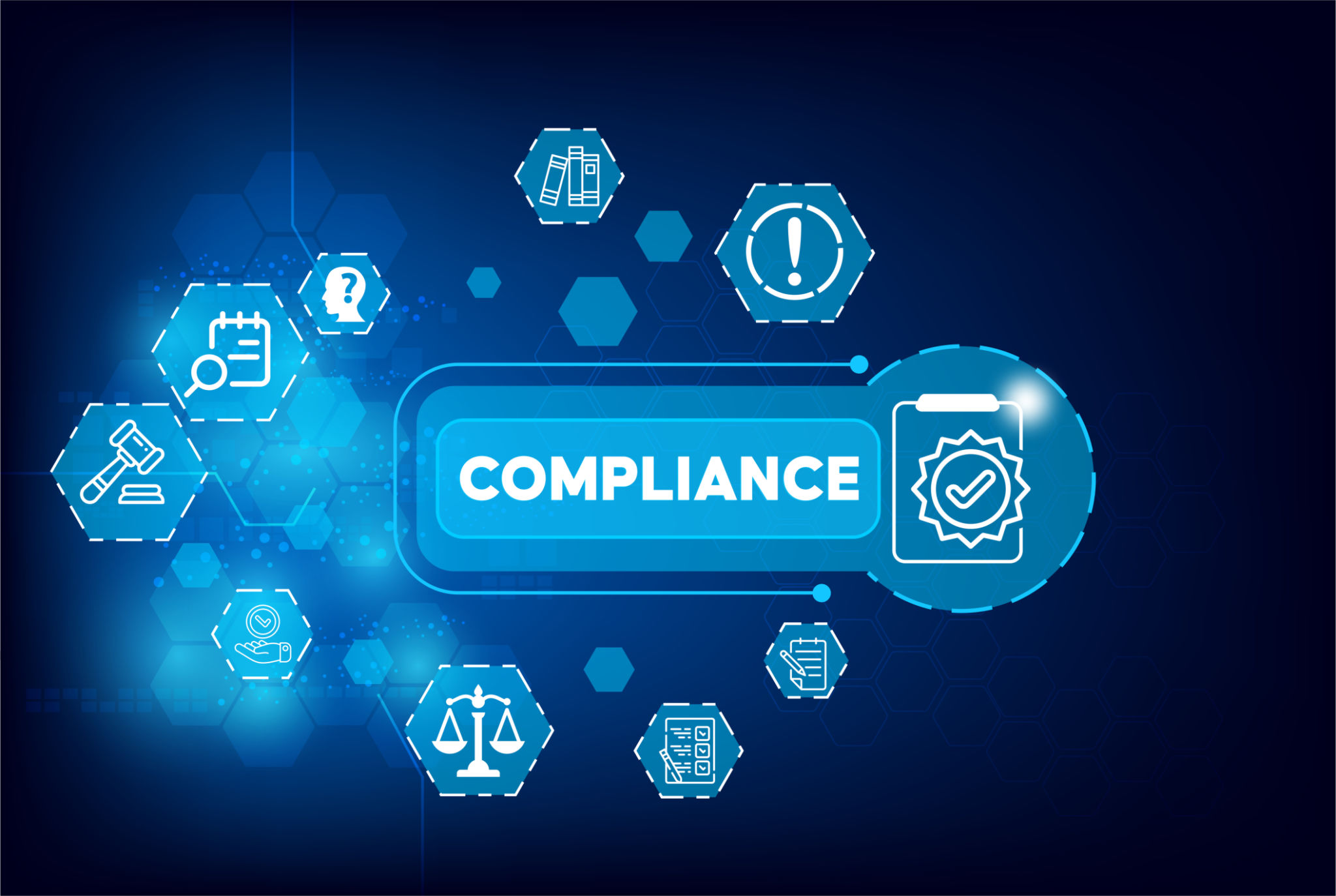Preparing for EPC Projects in the Power Sector: A Comprehensive Guide
In the ever-evolving power sector, Engineering, Procurement, and Construction (EPC) projects are crucial for developing new infrastructure and upgrading existing facilities. Proper preparation is essential for the success of these complex projects. This guide offers a comprehensive overview of how to effectively prepare for EPC projects in the power sector.
Understanding the Scope of EPC Projects
Before diving into the preparation process, it is essential to understand what EPC projects entail. These projects cover a broad spectrum of activities, from the initial planning and design to procurement of materials and equipment, followed by construction and commissioning. A clear understanding of the project scope is vital for efficient execution and delivery.
An EPC project typically involves several stakeholders, including project owners, contractors, subcontractors, suppliers, and regulatory bodies. Each party has its roles and responsibilities, requiring effective communication and coordination to ensure a seamless workflow.

Project Planning and Scheduling
The foundation of any successful EPC project is thorough planning and scheduling. A detailed project plan outlines the scope, objectives, timelines, budget, and resources required. This plan serves as a roadmap to guide the project team through every stage of the project lifecycle.
Effective scheduling is crucial to avoid delays and cost overruns. Using project management tools can help create realistic timelines and allocate resources efficiently. Regular progress reviews and updates ensure the project stays on track, allowing for adjustments as necessary.
Risk Management
Identifying and mitigating risks is an integral part of EPC project preparation. Risks can arise from various sources, including technical challenges, regulatory changes, and environmental factors. Developing a robust risk management plan helps minimize potential setbacks and ensures that contingency measures are in place.

Procurement Strategy
The procurement phase of an EPC project involves sourcing materials, equipment, and services needed for construction. Developing a strategic procurement plan ensures that all necessary components are acquired on time and within budget. This plan should include vendor selection criteria, contract terms, and delivery schedules.
Building strong relationships with suppliers can enhance procurement efficiency. It is essential to engage with reliable vendors who can meet quality standards and delivery timelines. Additionally, leveraging technology for supply chain management can streamline processes and reduce the risk of delays.

Quality Control
Maintaining high-quality standards throughout the EPC project is imperative for its success. Implementing a robust quality control system ensures that all project components meet specified requirements. Regular inspections, testing, and audits are necessary to identify any deviations from quality standards promptly.
Establishing a culture of quality within the project team fosters accountability and attention to detail. This involves training personnel and setting clear expectations for performance and quality outcomes.
Regulatory Compliance
EPC projects in the power sector must adhere to stringent regulatory requirements. Compliance with environmental laws, safety standards, and industry regulations is non-negotiable. Engaging with regulatory bodies early in the planning phase can help identify applicable requirements and streamline compliance efforts.
Documenting compliance measures and maintaining clear records are crucial for demonstrating adherence to regulations. This proactive approach minimizes legal risks and enhances the project's reputation among stakeholders.


